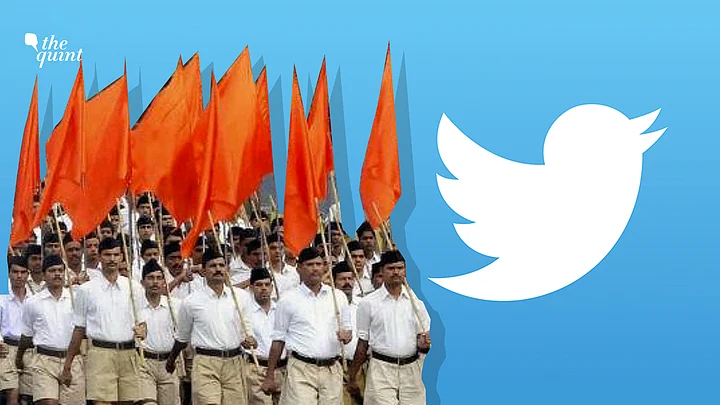Twitter was exploring how their algorithm recommends political content to users when they discovered that it promotes right-leaning groups over others, a research document released by the social media company has revealed.
The algorithm amplifies tweets from right-wing political parties and news outlets more than those from left, the researchers found. However, they do not know why is this happening.
The study examined politically relevant tweets sent between April-August 2020, from millions of users across seven countries. India was not a part of these seven countries. Other than Germany, in all other countries tweets from rightwing politicians received more amplification from the algorithm.
The study also analysed how political content from news organisations was amplified on Twitter, focusing primarily on US news sources such as Fox News, the New York Times and BuzzFeed.
The researchers, who included academics from the University of Cambridge, UC Berkley and University College London, noted the following findings in the document:
“Our results reveal a remarkably consistent trend: In 6 out of 7 countries studied, the mainstream political right enjoys higher algorithmic amplification than the mainstream political left. Consistent with this overall trend, our second set of findings studying the US media landscape revealed that algorithmic amplification favours right-leaning news source.”
They found that mainstream parties and outlets on the political right enjoyed higher levels of “algorithmic amplification” compared with their counterparts on the left, said a report by BBC.
Rumman Chowdhury, Twitter’s director of software engineering, wrote in a blog post that:
"Algorithmic amplification is problematic if there is preferential treatment as a function of how the algorithm is constructed versus the interactions people have with it. Further root cause analysis is required in order to determine what, if any, changes are required to reduce adverse impacts by our Home timeline algorithm."
This is not the first time Twitter has highlighted apparent bias in its algorithm and the social media platform has earlier also been accused of being biased.
Chowdhury has said the data underlying the study will be made available to researchers, and are also finalising a partnership to ensure this kind of research can be conducted by third-party experts without infringing Twitter users' privacy.
"We hope that by sharing this analysis today, we can help spark a productive conversation with the broader research community to examine various hypotheses for why we are generally observing comparatively more right-leaning political amplification of elected officials’ content on Twitter," she added.
